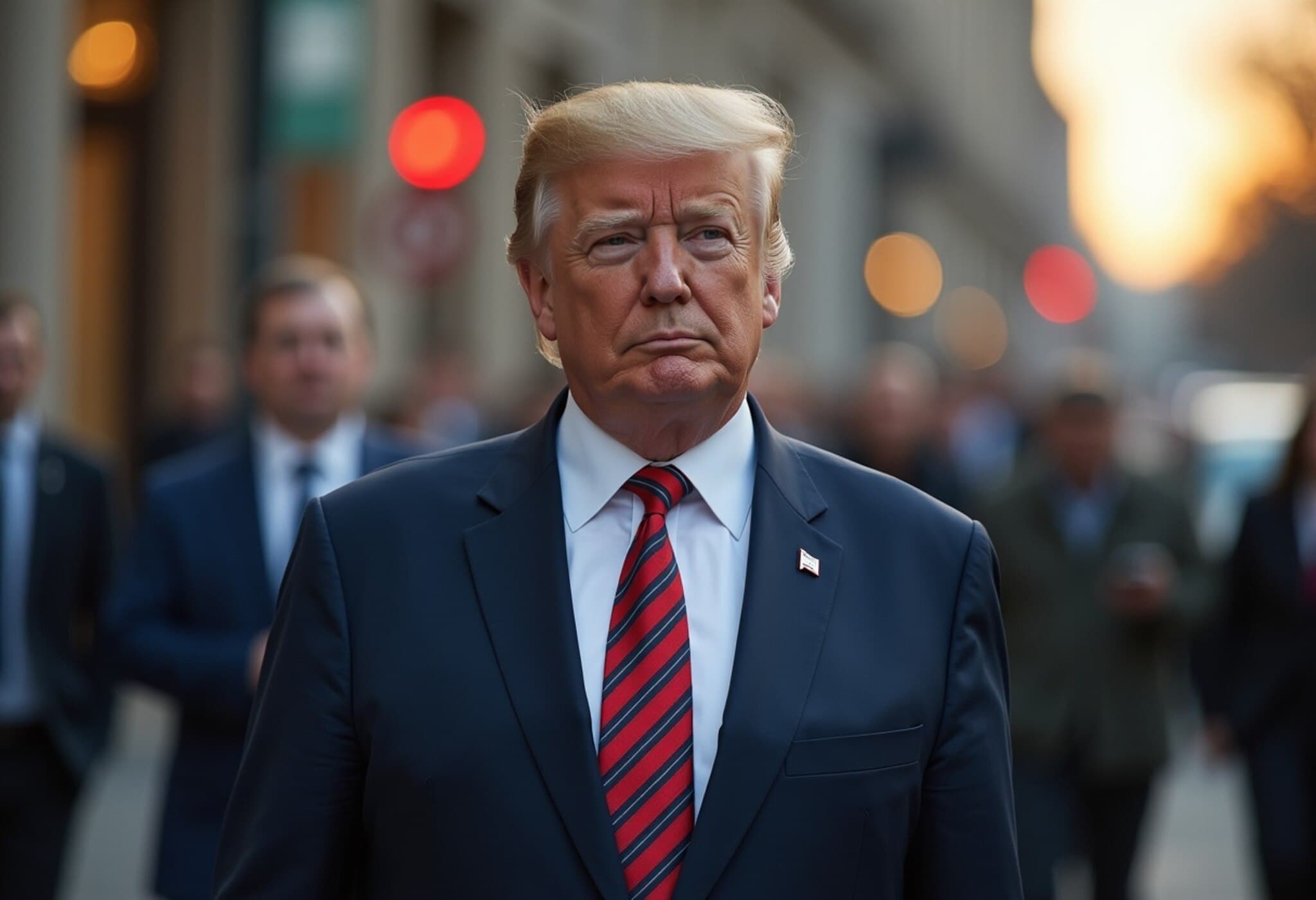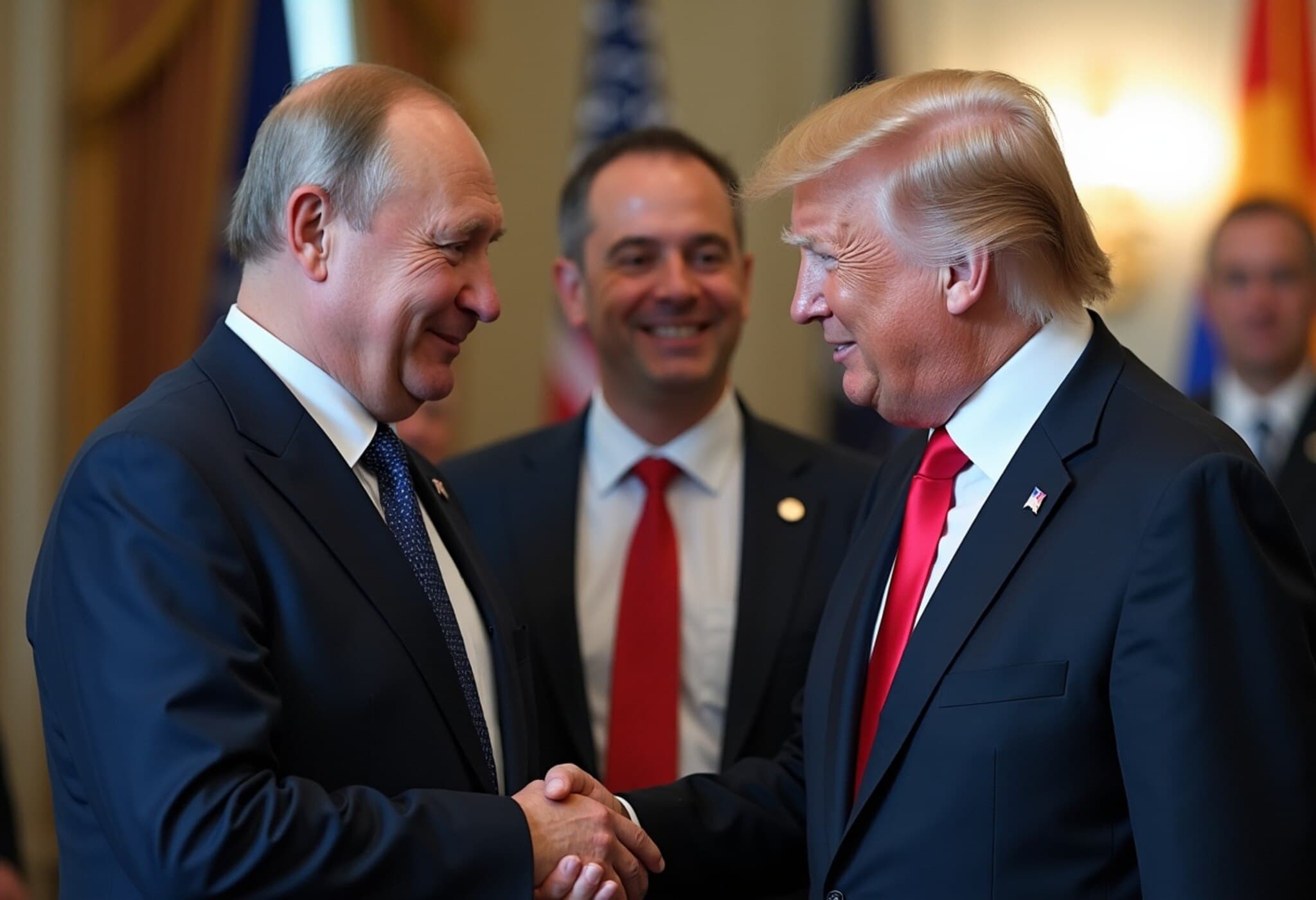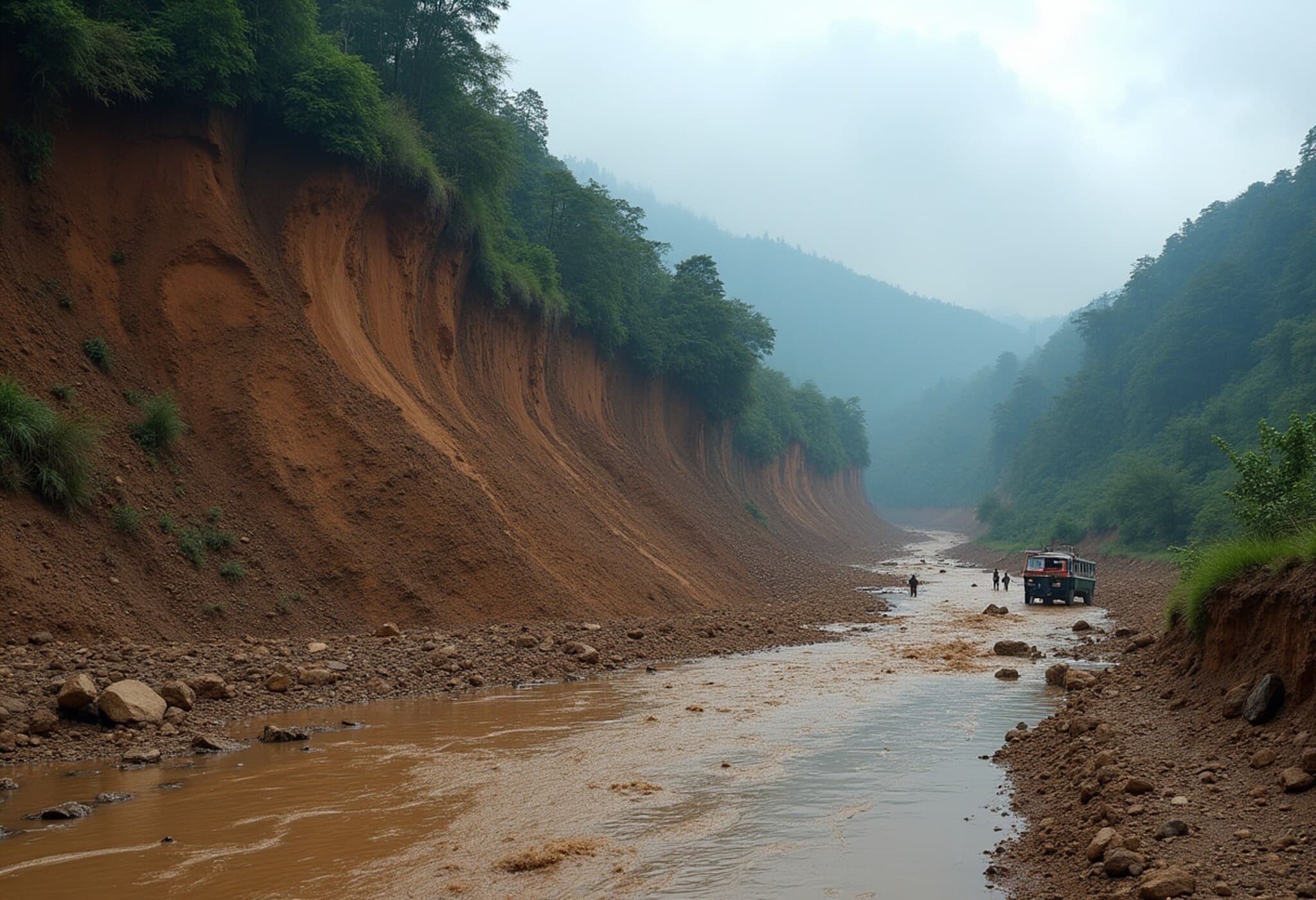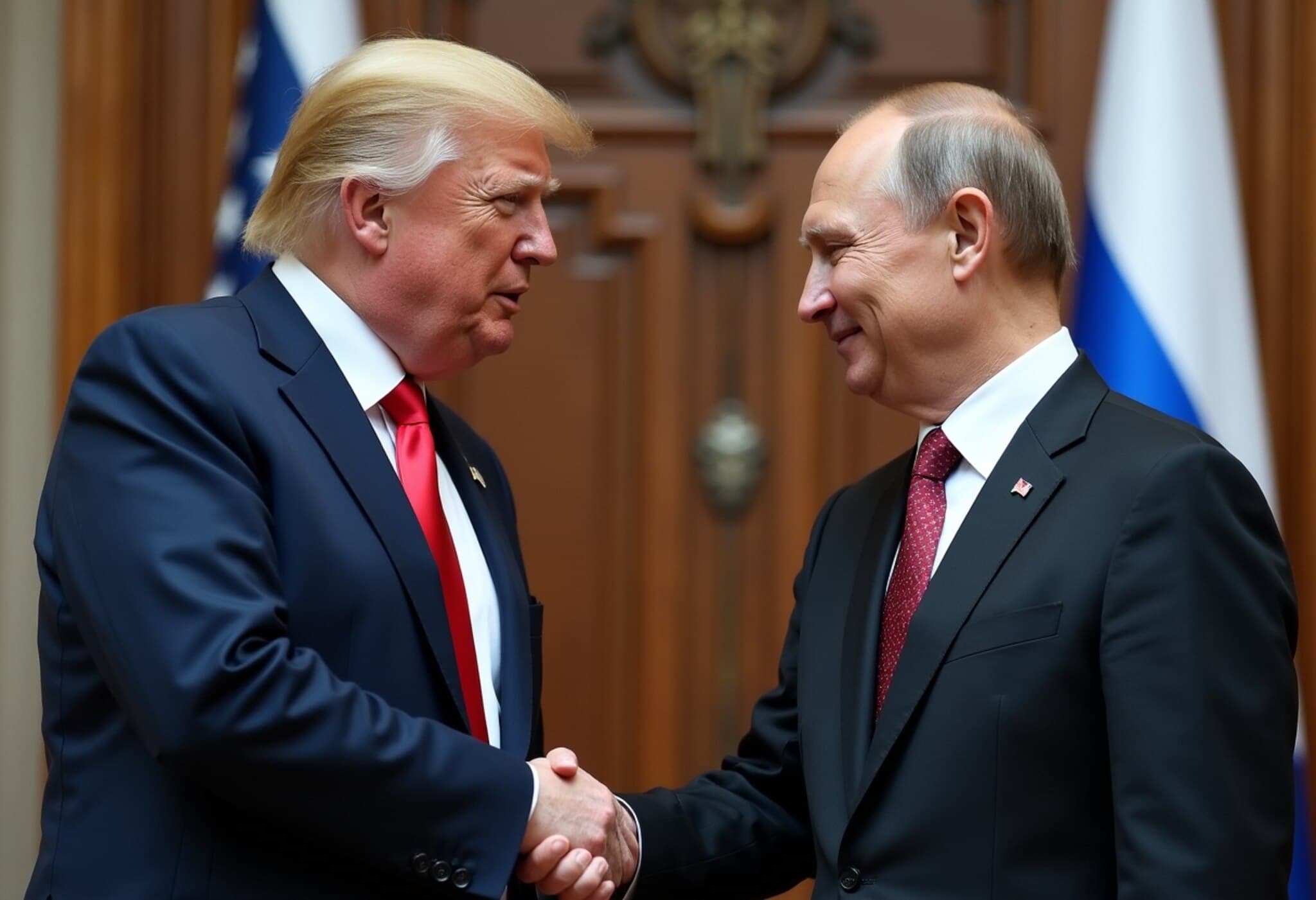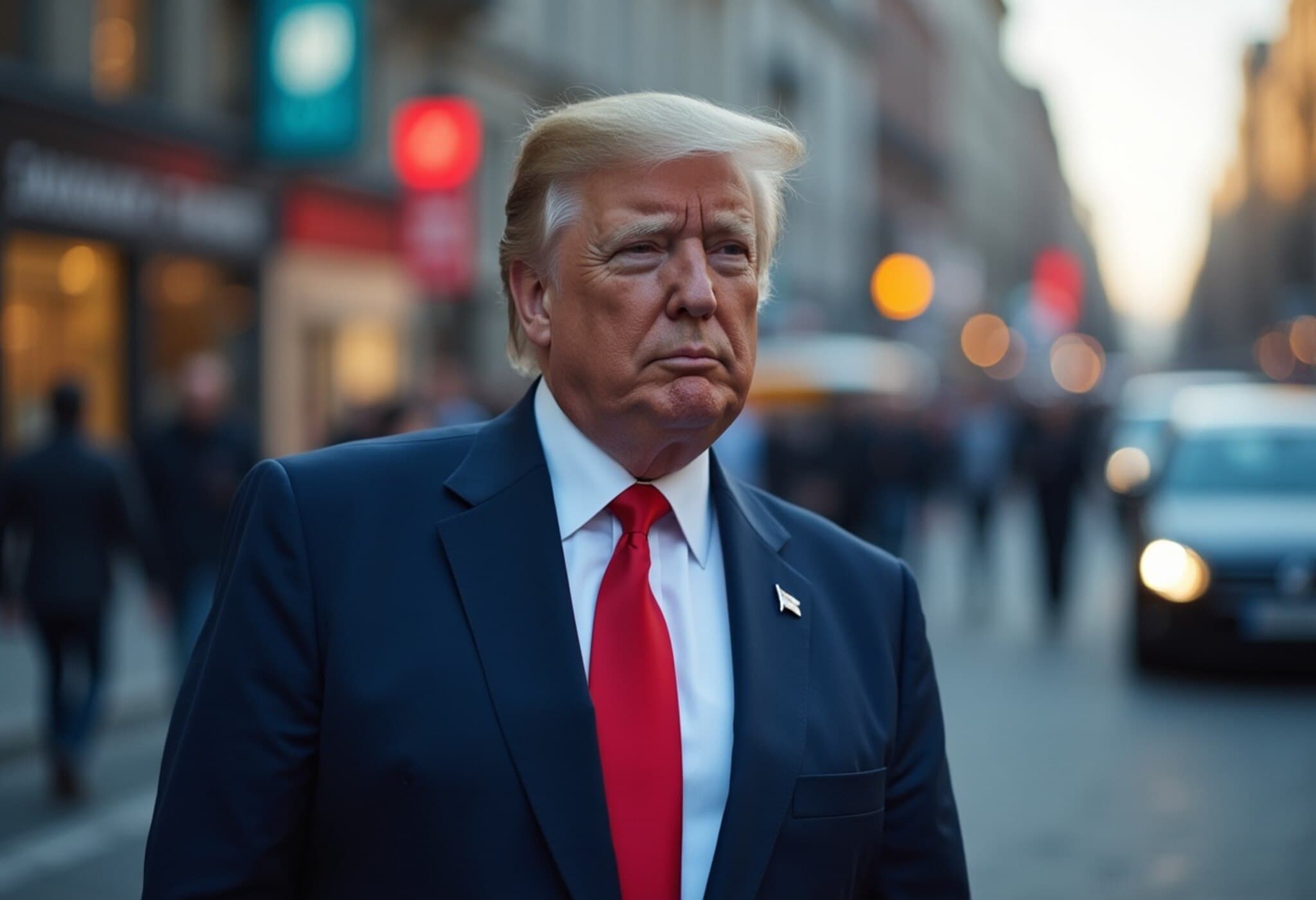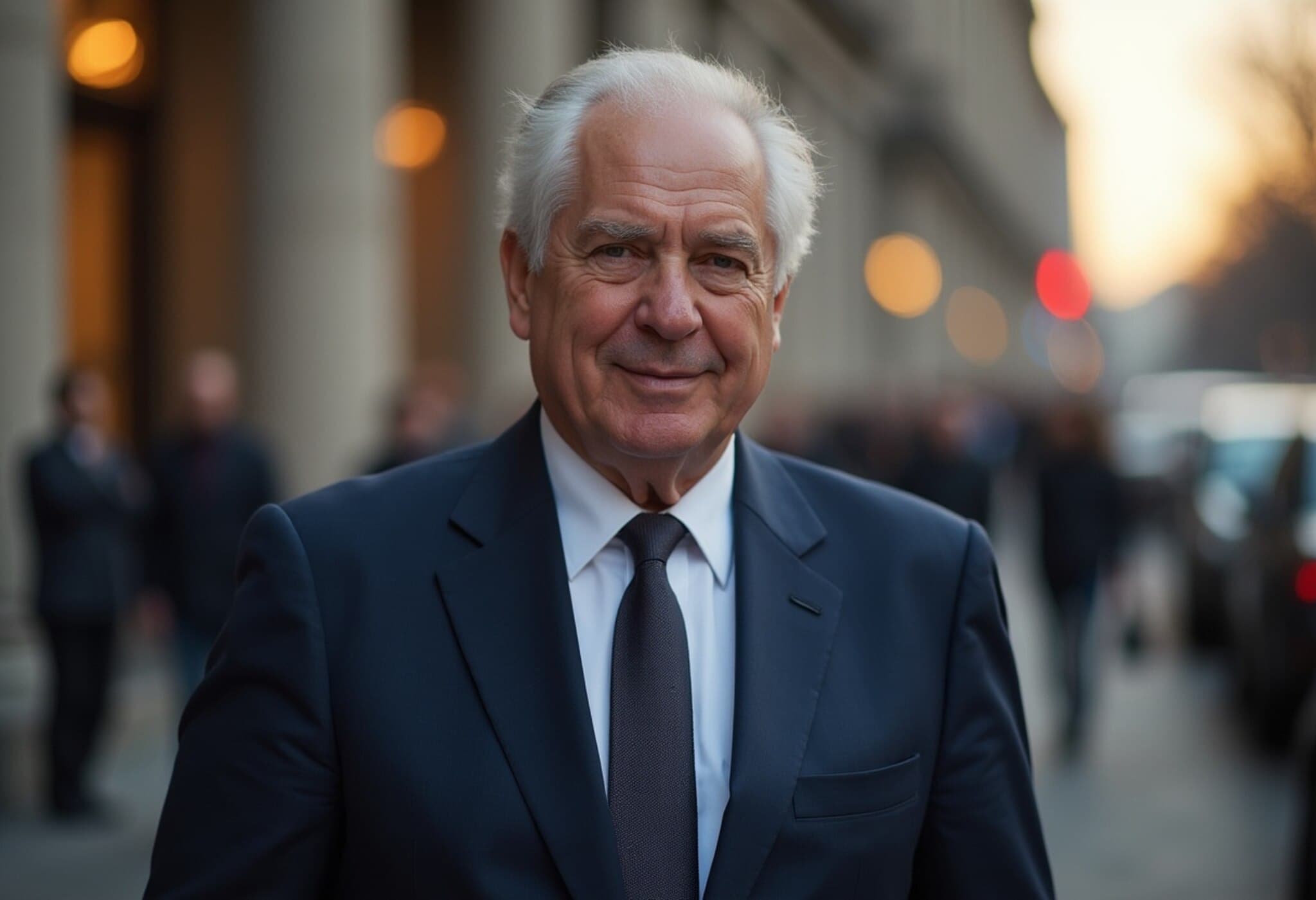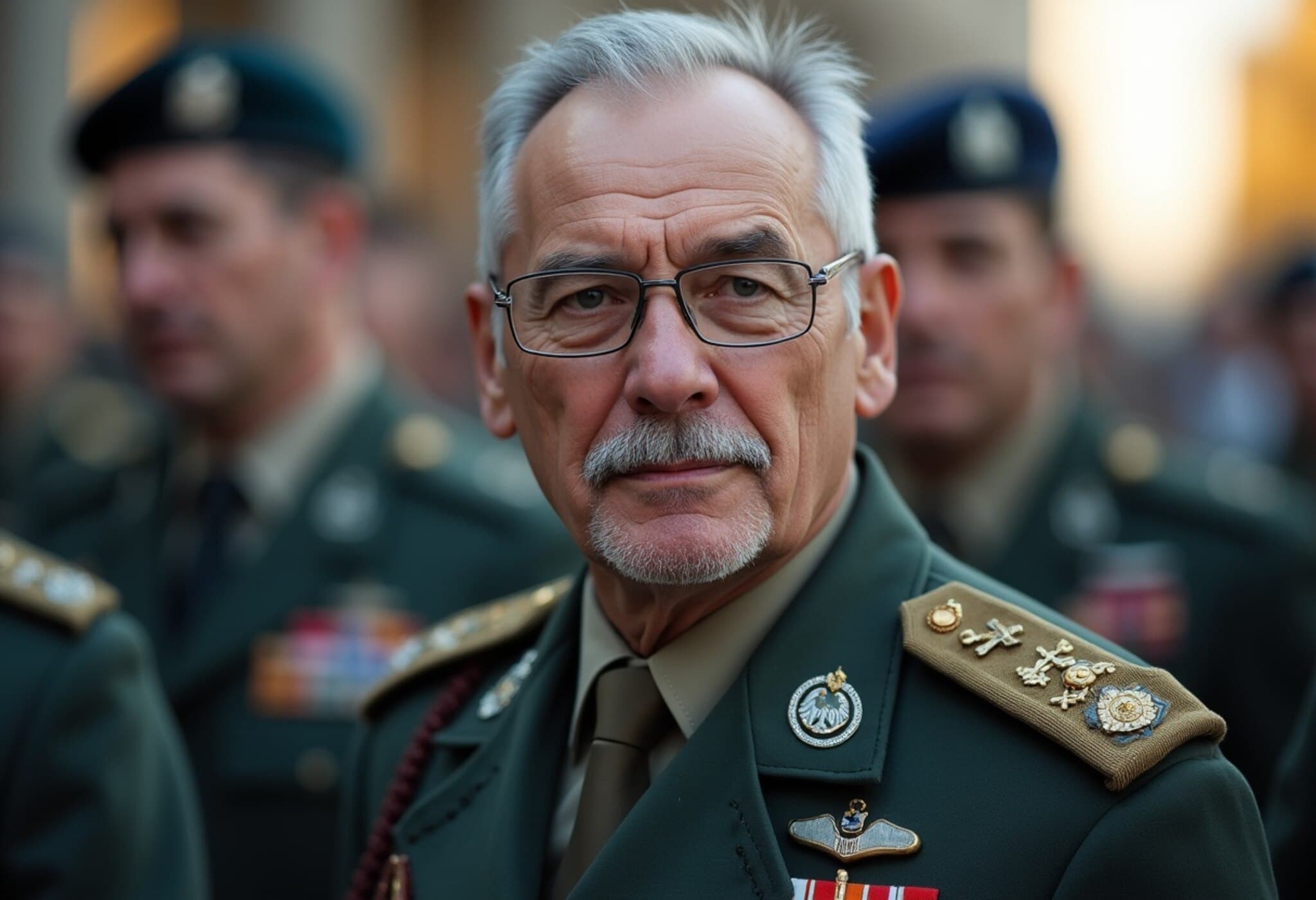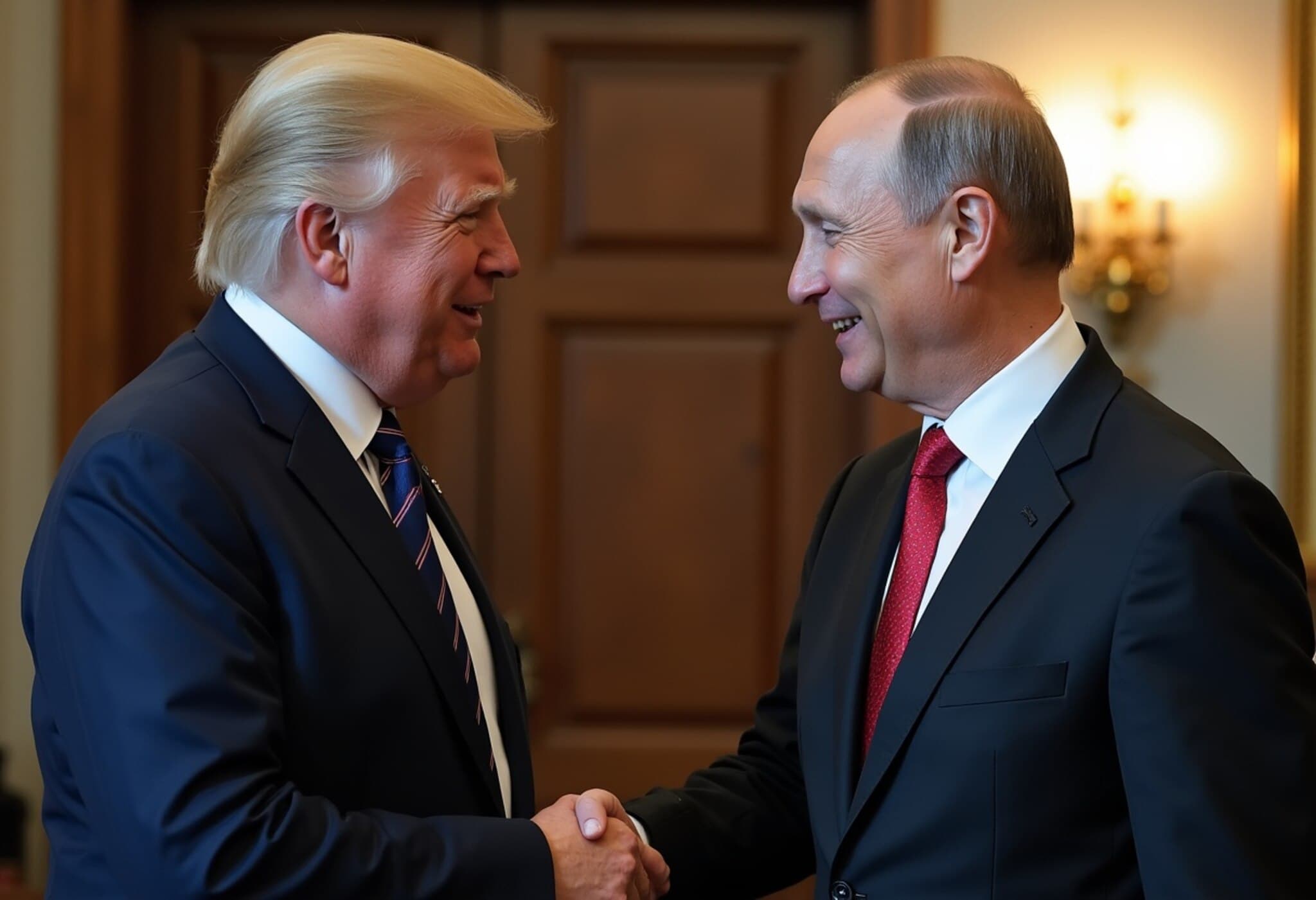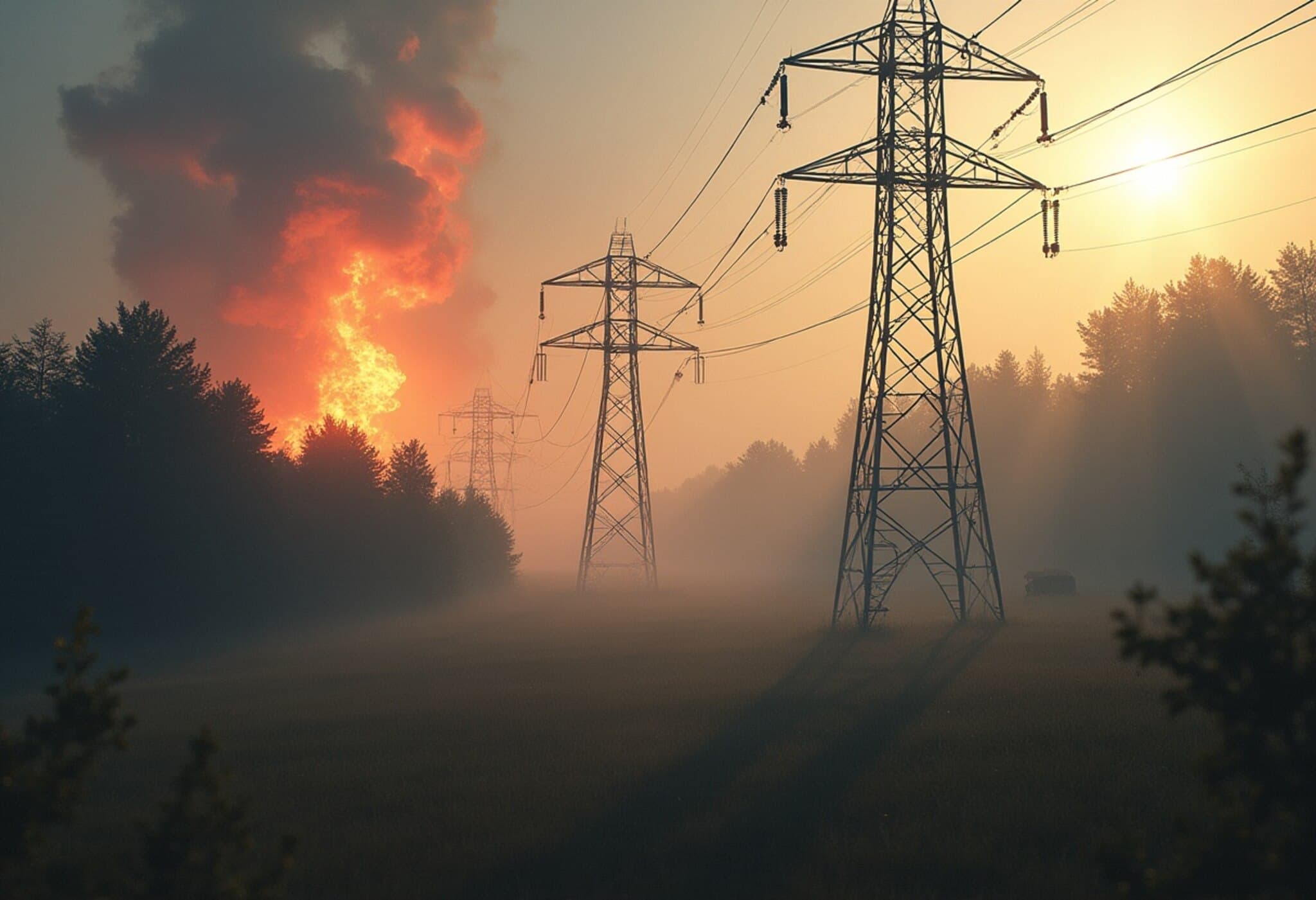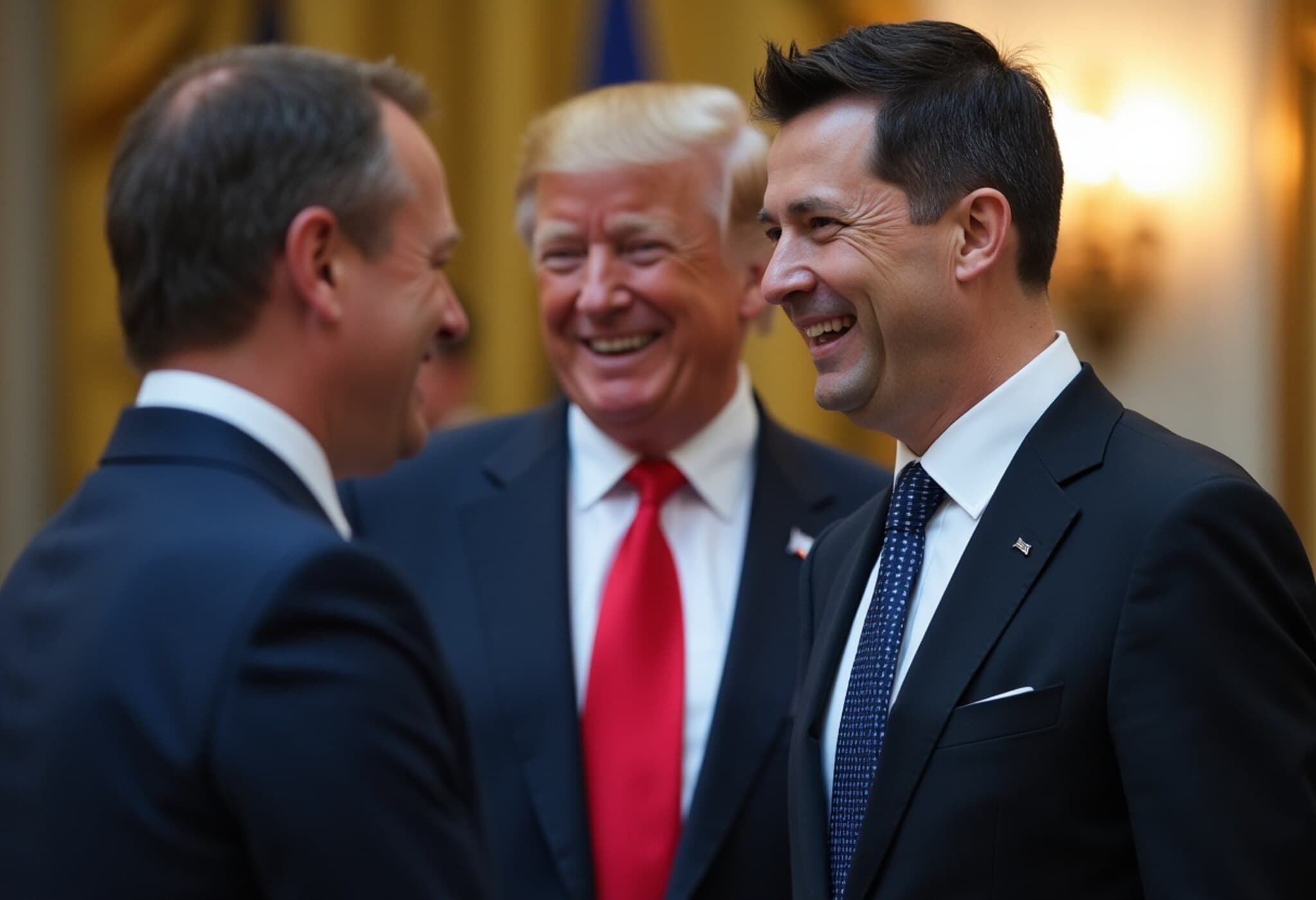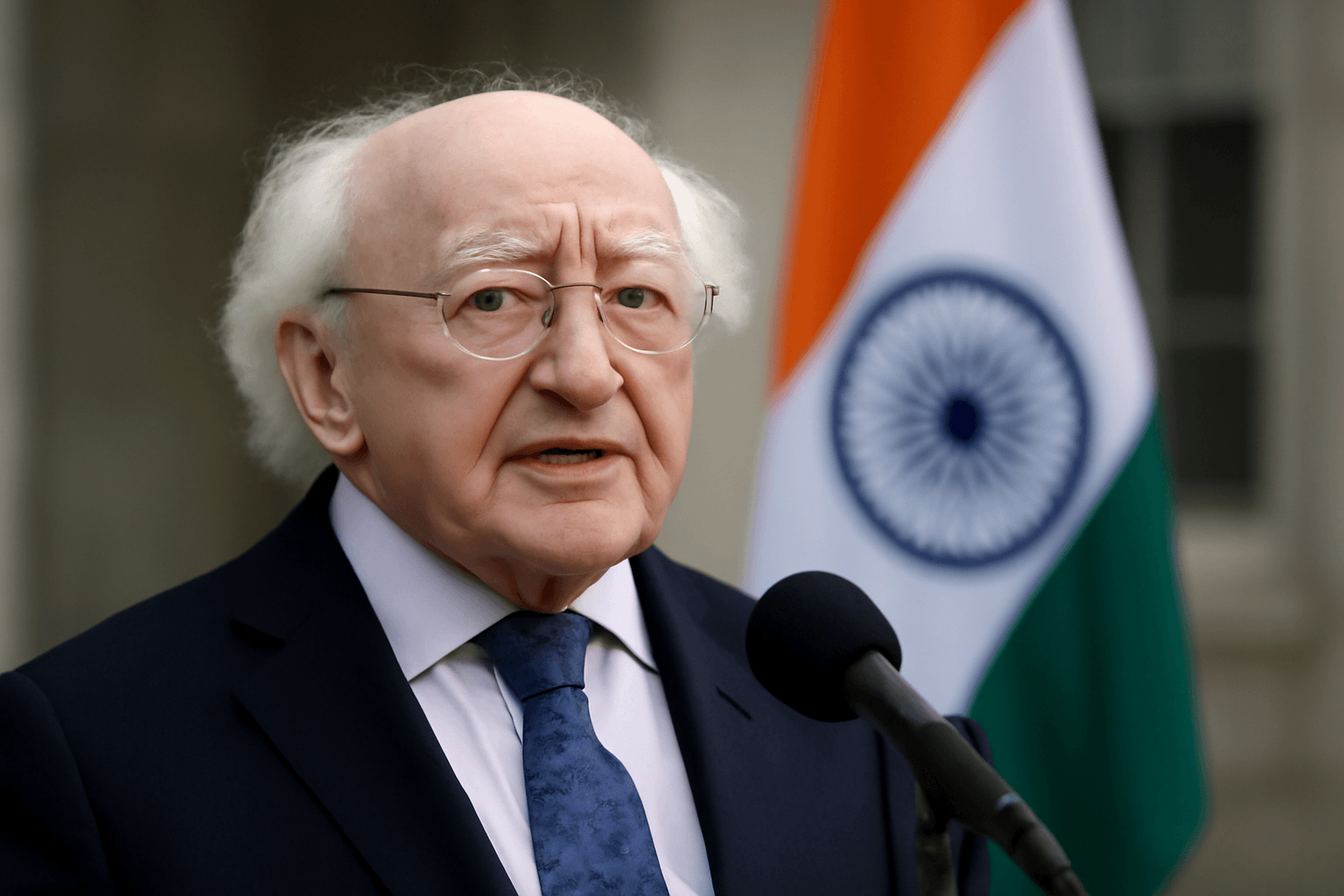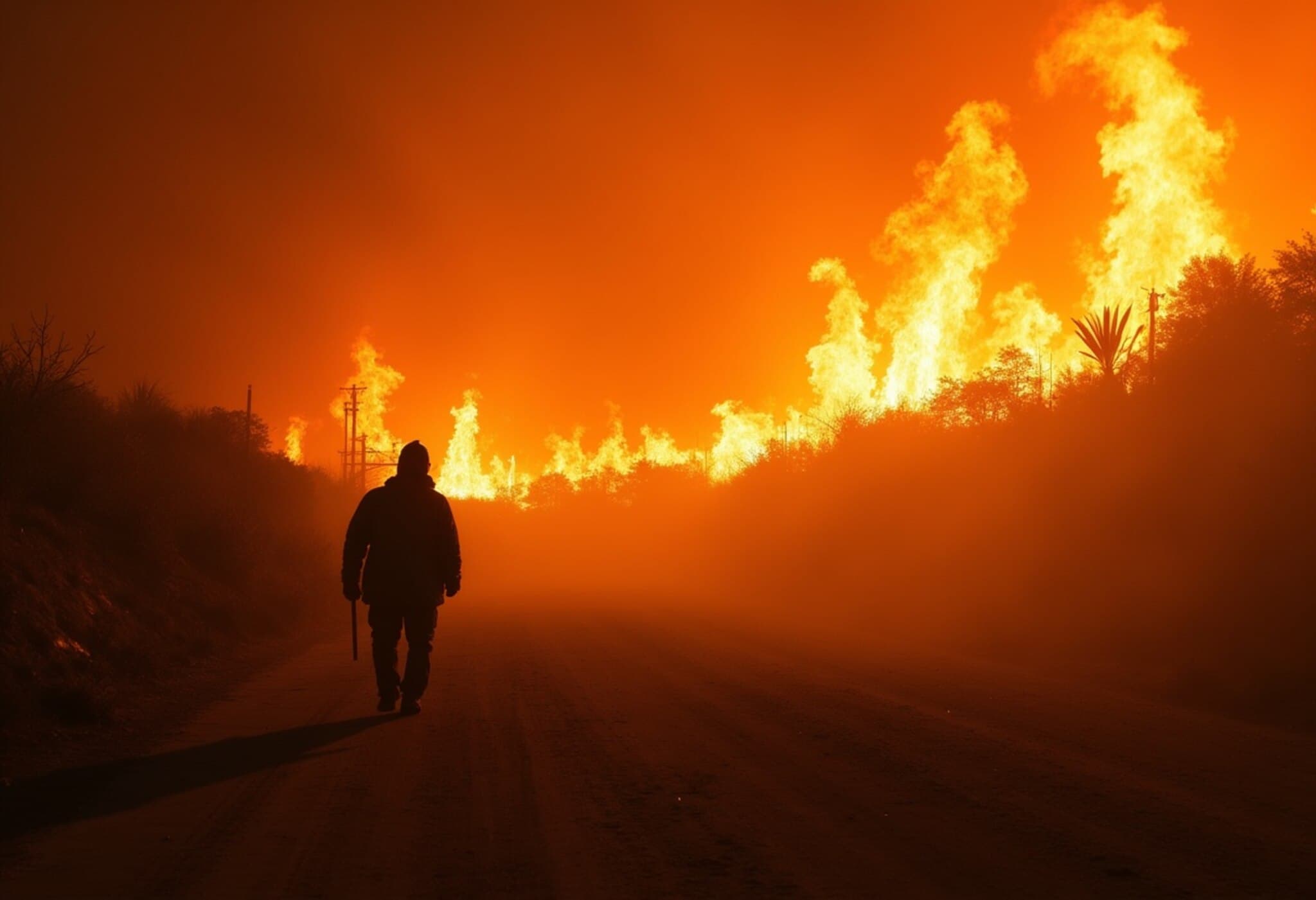Ukrainian President Stands Firm Against Russia’s Demands on Donbas
In a resolute stance that underscores the brutal realities of the ongoing conflict, Ukrainian President Volodymyr Zelenskyy declared on August 12, 2025, that Ukraine will never relinquish controlling parts of the Donbas region to Russia. This declaration comes amid Russian efforts to negotiate a ceasefire in exchange for territory — a move Zelenskyy warns could only pave the way for renewed hostilities.
Putin’s Strategic Gambit: Donbas as a Launching Pad for Future Wars
At a press briefing in Kyiv, Zelenskyy revealed that Russian President Vladimir Putin was pressing for Ukraine to withdraw from the remaining 9,000 square kilometers of Donetsk Oblast still under Kyiv’s control. Zelenskyy stated this demand was communicated through US officials ahead of the highly anticipated Trump-Putin summit scheduled in Alaska.
“Agreeing to such terms would merely lay the groundwork for another war,” Zelenskyy warned. He expressed deep skepticism that conceding land would bring lasting peace, emphasizing how Russia’s track record shows territorial gains are often precursors to further aggression.
The High Stakes of Diplomacy: The US Role and Trump-Putin Summit
Zelenskyy, while critical of Putin’s intentions, also conveyed cautious hope that former US President Donald Trump – poised to meet Putin – would serve as a balanced mediator. He does not believe Trump supports Russia’s territorial claims but stressed the risks if Ukraine were pressured into a premature concession.
The tension is palpable as the world watches whether US diplomacy can steer these negotiations toward a viable peace or inadvertently embolden Moscow’s aggressive posture. The looming summit is more than a political meeting; it’s a potential flashpoint defining the next chapter of Eastern European security.
Signs of Ongoing Conflict and Russian Military Maneuvers
Despite talks of ceasefire, Zelenskyy pointed out recent intelligence reports indicating that Russian sabotage units had penetrated deep into eastern Donbas defenses, advancing roughly six miles in three days. Moreover, he warned that Russia was preparing for new offensives across three different frontline sectors, casting doubts on any prospect of an earnest ceasefire.
Broader Context: Putin’s Aim to Undermine Ukrainian Sovereignty
Speaking just before a critical virtual meeting with US and European leaders, Zelenskyy accused Putin of a systematic attempt to dominate Ukraine, asserting that the Kremlin “does not want a sovereign Ukraine.” The scale of Russia’s territorial ambitions is staggering — Zelenskyy estimates Moscow seeks control over roughly 90,000 square kilometers of Ukrainian land, an area larger than many European countries.
Expert Insight: What’s at Stake for Ukraine and the West?
From a strategic perspective, the Donbas region is much more than territory. It represents Ukraine’s industrial heartland and a symbolic frontier of resistance against Russian expansionism — a geopolitical tinderbox with implications beyond Eastern Europe.
Gaining or losing this territory could influence the balance of power across the region and reshape the future of NATO’s eastern flank. For the United States and European partners, supporting Ukraine’s territorial integrity is not just about defending sovereignty but also about preventing the normalization of Russian military intimidation.
Underreported Angles and Critical Questions
- What legal precedents might Ukraine invoke to bolster claims over Donbas amid contested sovereignty?
- Could prolonged stalemate over Donbas increase humanitarian crises in the region?
- What are the potential economic costs to Ukraine if Donbas falls under Russian control, considering its industrial resources?
- How might this conflict influence US domestic politics given Trump’s role in negotiations?
Looking Ahead: The Fragile Road to Peace or Escalation
With strong signals that Russia’s ceasefire offer is less about peace and more about freezing current frontlines to legitimize territorial grabs, Ukraine’s refusal to cede land is a pivotal moment. As Zelenskyy poignantly put it, any territorial concession now risks sparking another, potentially more destructive, war.
The upcoming meetings between Trump and Putin, as well as multilateral discussions involving Western allies, will play critical roles in determining whether diplomacy can overcome decades of distrust or if the Donbas remains a powder keg ready to ignite further violence.
Editor’s Note
President Zelenskyy’s firm rejection of territorial concessions in Donbas highlights the complex interplay between sovereignty, security, and diplomacy in Eastern Europe. While ceasefire talks evoke hope for peace, they also raise questions about the strategic intentions behind territorial negotiations. Readers are encouraged to consider how external diplomatic pressures intersect with local realities and the enduring quest for Ukrainian autonomy amid escalating geopolitical tensions.

